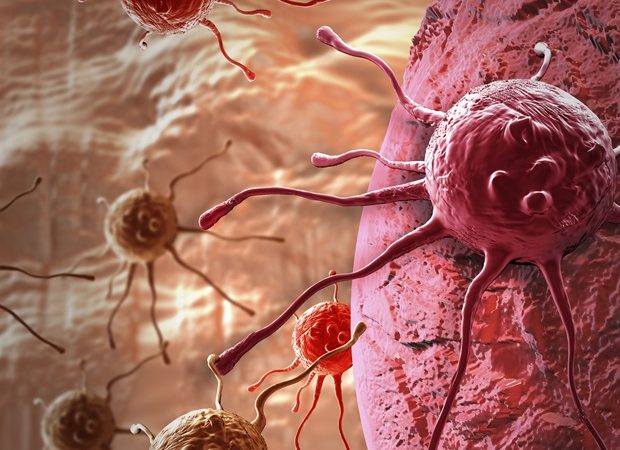Moffitt Cancer Center's efforts to increase minority accrual to cancer treatment trials got a boost from the National Cancer Institute's Connecting Underrepresented Populations to Clinical Trials U01 Grants Program. The five-year, $3.7 million grant will help the cancer center develop new digital tools and community outreach strategies to reach Black and Hispanic cancer patients and physicians in the Tampa Bay community.
Recent figures from the Food and Drug Administration show why greater minority inclusion in clinical trials is so important. The agency reported 4% to 6% of cancer treatment trial participants are Black and between 3% and 6% are Hispanic. Blacks and Hispanics represent 15% and 13% of all patients diagnosed with cancer, respectively.
Lack of representation from patients of diverse backgrounds in clinical trials can lead to further disparities in cancer care. It is important that our clinical trial participant demographics represent the composition of the entire community affected by cancer. Only then will we be confident that findings from trials improve the health and well-being of all patients."
Susan T. Vadaparampil, Ph.D., MPH, Co-Principal Investigator and Associate Center Director of Community Outreach, Equity and Engagement at Moffitt
To tackle this important health equity issue, this study engages not only patients, physicians and other team members from Moffitt, but also includes community members, community health educators and community physicians to understand barriers to accrual from all perspectives. It is likely that patients may have limited background knowledge regarding clinical trials and face logistical challenges such as transportation. Both patients and providers may hold attitudes and beliefs that may influence discussion about and participation in clinical trials. The team will use this information to develop a multi-level intervention to enhance referral and recruitment strategies. The entire study will be guided by a community advisory board representing the multiple groups that will receive key parts of the intervention.
"A data-driven, digital approach will be crucial to our success. We will leverage population-level data to tailor our outreach efforts to geographic areas of greatest need and patient-level data to personalize educational materials to our cancer patients. Web-based portals will facilitate critical bidirectional communication between the community and Moffitt, and dynamic dashboards incorporating patient-reported, clinical and molecular data will connect Moffitt cancer patients to life-saving cancer treatment trials," said Dana Rollison, Ph.D., co-principal investigator of this project, vice president, chief data officer in Moffitt's Center of Digital Health and associate center director of data science/division chief of Quantitative Science.
Digital tools will also give the team a better way to evaluate their efforts, allowing for improvements to be made in real time.
Over the past two decades Moffitt has steadily invested resources, developed strategies and supported initiatives to increase minority participation in clinical trials. This landmark grant will enable investigators to apply a research lens to these efforts in order to amplify the impact of clinical trials for all patients treated at Moffitt and beyond.
H. Lee Moffitt Cancer Center & Research Institute
Posted in: Medical Research News | Medical Condition News
Tags: Cancer, Cancer Treatment, Clinical Trial, Education, Food, Nursing, pH, Research
Source: Read Full Article
